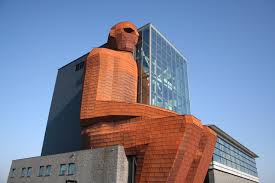记忆方法
将“corpus”与“core”结合记忆,想象“corpus”是某物(如书籍、数据集或组织的)核心内容或主体部分,就像“core”一样是其中心。这种方法通过相似音节的联想帮助记忆单词的含义。
以上内容由AI生成, 仅供参考和借鉴
中文词源
corpus 文集,汇编
来自词根corp,身体,见corporeal. 此成为一体的,汇编成集的。
英语词源
- corpus (n.)
- (plural corpora), late 14c., from Latin corpus, literally "body" (see corporeal). The sense of "body of a person" (mid-15c. in English) and "collection of facts or things" (1727 in English) both were present in Latin. Corpus Christi (late 14c.), feast of the Blessed Sacrament, is the Thursday after Trinity Sunday. Also used in various medical phrases, such as corpus callosum (1706, literally "tough body"), corpus luteum (1788, literally "yellow body").
权威例句
- 1. a corpus of 100 million words of spoken English
- 含有1亿单词的英语口语语料库
- 2. I've got the corpus of Shakespeare's works.
- 我有莎士比亚全集.
- 3. Trial by jury and the law of habeas corpus were practically suspended.
- 陪审团审讯和人身保护法实际上都已废除.
- 4. The corpus luteum of the previous pregnancy regresses very rapidly.
- 前次妊娠的黄体很快开始退化.
- 5. In current popular usuage it often means merely a corpus of erroneous but widely held beliefs.
- 在目前流行的习惯用语里,它常常只是指一些有错误的,但又广为坚持的信念的素材.
